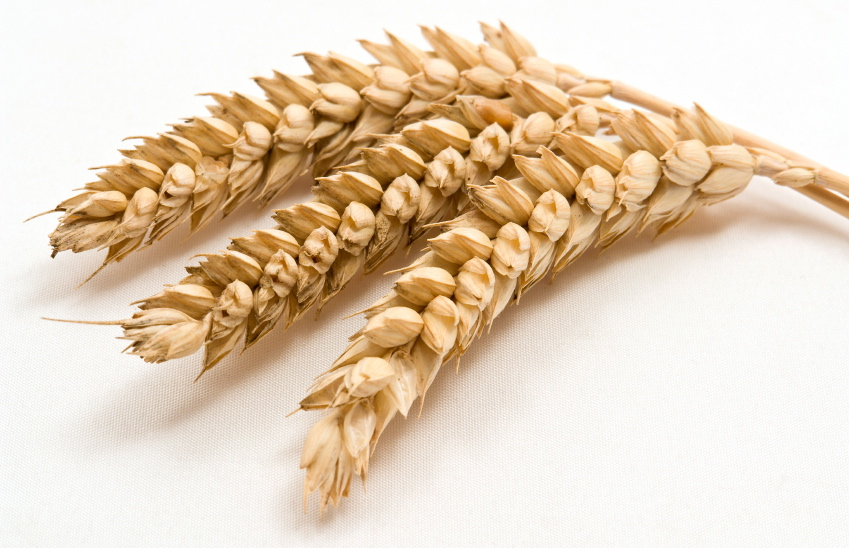Is a Gluten-Free Diet Right For You?
Dr. Sarah Leahy Granite
If you read package labels in the supermarket today, there’s a pretty good chance you’ve seen the words “gluten-free” more times than you can count. “Great,” you think, “but what on Earth does that even mean? Does that make it good for me?” In this article I will explain the basics of gluten, celiac disease, and how to know whether or not a gluten-free diet could be right for you.
Nowadays, everyone knows at least one person who suffers from gluten intolerance or Celiac Disease. A University of Maryland study released in 2003 reported that 1 in 133 Americans currently suffer from Celiac Disease. But what does that mean, and what exactly is gluten? Gluten is a protein that can be found in grains including wheat, rye, barley, and sometimes oats (if they have been contaminated by other grains during production). Celiac Disease is an autoimmune disorder in which gluten causes an inflammatory reaction in the small intestine. This inflammation can reduce the small intestine’s ability to absorb nutrients, leading to potentially life-threatening nutritional deficiencies.
So how can you tell if you have Celiac Disease? Common symptoms of Celiac Disease, usually following a meal containing gluten, include abdominal pain, diarrhea, intestinal bloating/gas, and fatigue, with more long-term consequences including weight gain, osteoporosis, infertility in women, and failure to thrive in children. Diagnosis can be complicated, involving blood tests and biopsies of the small intestine to see if, and how badly, it has been damaged. Gluten intolerance is a more mild form of gluten sensitivity, and is often self-diagnosed by the presence of related symptoms after a meal containing gluten.
Though it may sound daunting, switching to a gluten-free diet is not as hard as it seems. The key to success is learning how to replace offending foods, rather than cutting them out entirely. It is also important to recognize other names that gluten may go by on nutrition labels, such as Monosodium Glutamate (MSG), Modified Food Starch, Natural Flavor, and Lecithin, to name a few (for a full list please contact our office). With the proper knowledge, gluten sensitivity is a very manageable health issue.
If you or a family member find yourself experiencing the symptoms of Celiac Disease or gluten intolerance, a gluten-free diet may be right for you. Adopting a new way of eating will, over time, allow the small intestine to heal and regain its ability to absorb nutrients, thereby decreasing symptoms.




